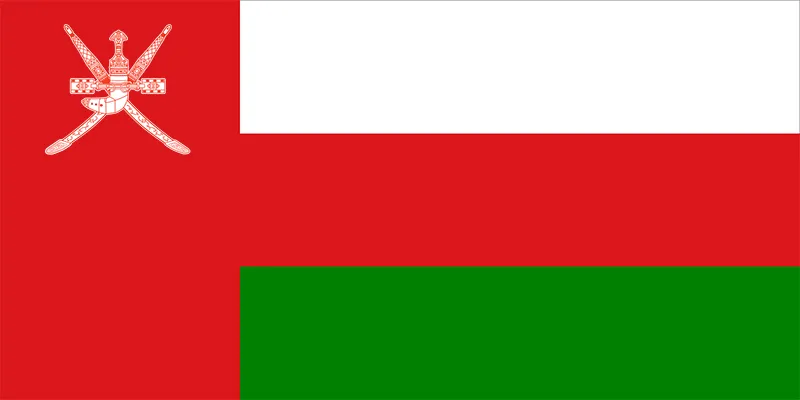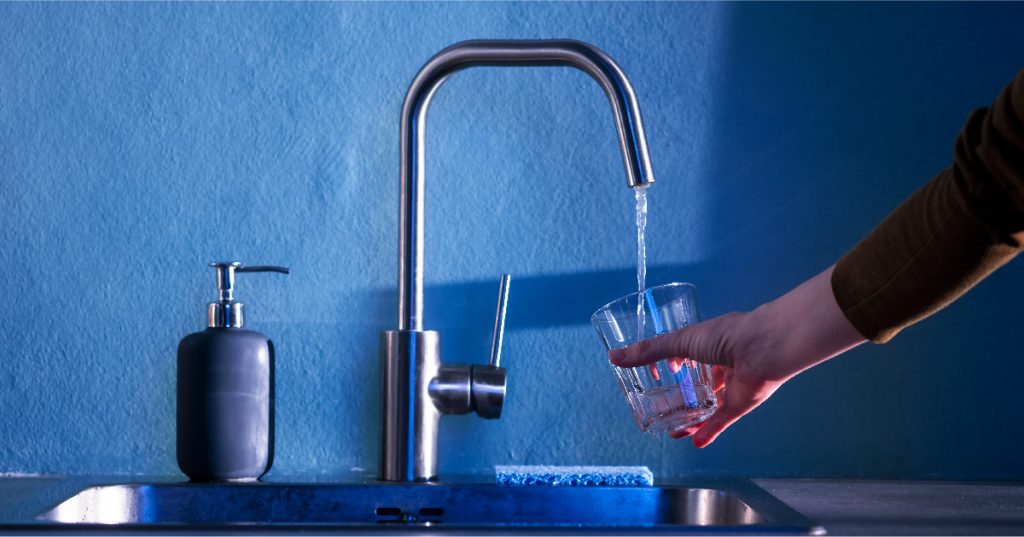When traveling to a new country or settling into a new home, one of the common concerns that often arises is regarding the safety of tap water. If you’re wondering, “Can you drink tap water in Oman?” or “Is tap water in Oman safe to drink?” you’re not alone. Water quality is essential for daily consumption, and understanding the situation in Oman can help you make informed decisions. In this blog, we will discuss the safety of Oman tap water, the factors affecting its quality, and what you should consider before taking a sip directly from the tap.
The Source of Tap Water in Oman
Oman, located in the arid Arabian Peninsula, relies heavily on desalination to meet its water needs. Since rainfall is scarce and natural water sources are limited, desalination plants play a crucial role in supplying potable water across the country. The tap water in Oman primarily comes from these desalination plants, which remove salt and impurities from seawater, making it safe for use in households, businesses, and industries.
Is Tap Water in Oman Safe to Drink?
The short answer is yes; tap water in Oman is generally safe to drink. The Public Authority for Water (Diam) ensures that the water supplied to homes meets international standards. Desalinated water goes through rigorous treatment processes to remove contaminants, bacteria, and harmful substances before it reaches consumers. However, whether you can drink tap water in Oman without concern may depend on various factors, such as the condition of your plumbing system and personal preferences.
Factors That May Affect Tap Water Quality
Although Oman’s tap water meets high standards at the source, some factors could influence the water quality by the time it reaches your tap:
- Old or Poorly Maintained Plumbing Systems: In some older buildings, the pipes and water storage tanks might not be well-maintained, which can affect the quality of tap water.
- Water Storage Tanks: Many residential buildings in Oman store water in rooftop tanks. If these tanks are not cleaned and maintained regularly, contaminants might enter the water supply.
- Desalination Limitations: While desalination effectively removes salts and most impurities, some minerals may remain in trace amounts. Though safe, some individuals may notice a slightly different taste compared to bottled water.
How to Ensure Tap Water Safety in Oman?
If you want to rely on tap water for drinking, here are some steps you can take to ensure its safety:
- Regularly Clean Water Tanks: Make sure your building’s water storage tanks are cleaned and disinfected at least once a year.
- Install Water Filters: Use water filters if you are concerned about the taste or minor impurities. Activated carbon filters can improve taste and remove residual chlorine.
- Boil Water if in Doubt: If you are unsure about the water quality, boiling it for a few minutes can eliminate any potential pathogens.
- Check Plumbing Systems: If you live in an older building, consider inspecting the plumbing system to ensure it is not introducing contaminants into the water.
Tap Water vs. Bottled Water: What Should You Choose?
When deciding between tap water and bottled water in Oman, consider the following factors:
- Cost: Tap water is significantly cheaper than bottled water.
- Convenience: Bottled water is convenient for on-the-go consumption.
- Environmental Impact: Using tap water with a filter is more environmentally friendly compared to relying on plastic water bottles.
Ultimately, if the water tanks and plumbing systems are well-maintained, tap water in Oman is safe to drink.
Solving Drinking Water Issues with Ion Exchange
Ion Exchange is a pioneer in potable water treatment solutions with its flagship brand, ZeroB. Our drinking water treatment solutions feature a range of purifiers utilizing advanced technologies like reverse osmosis and ultrafiltration membranes. Additionally, we incorporate electrochlorination, ozonation, and resins to purify surface and groundwater, ensuring it is safe and suitable for drinking.
- RO TECHNOLOGY
RO Technology, or Reverse Osmosis, functions by utilizing a high-pressure pump to elevate pressure on the salt side of the RO system, compelling water through a semi-permeable membrane and leaving behind dissolved salts in the reject stream. This process typically removes around 95% to 99% of dissolved salts from the water. Addressing concerns regarding water waste, Ion Exchange has introduced innovative technology with the launch of the world’s first high-resolution water purifier under its flagship brand, the Eco RO. This product is not only energy-efficient and environmentally friendly, but it also saves over 80% of water. Additionally, it stands out as the world’s only RO water system with a 70% pure water recovery rate.
- UV Technology
UV technology, used in water purification, is highly effective in eliminating biological contaminants, including viruses and bacteria. It works by emitting ultraviolet light at a wavelength of around 254 nanometers, which is capable of altering the DNA structure of these microorganisms, rendering them harmless. This technology is particularly useful in safeguarding against water-borne diseases caused by pathogens like giardia and cryptosporidium. Ion Exchange UV purifiers, incorporating patented ESS Technology, ensure thorough disinfection, making them a reliable choice for UV water treatment despite inherent challenges.
- HIGH RECOVERY RO (HRR) TECHNOLOGY
High Recovery RO (HRR) Technology is a groundbreaking process that introduces the Water Saver Cartridge (WSC), a patented innovation designed to enhance water treatment efficiency. This innovative system continuously removes salts, eliminates microbes, and enables operation at high recovery levels. Compared to conventional RO water systems, HRR offers an impressive three-fold increase in recovery, achieving up to 70% recovery from a single RO membrane. Additionally, it reduces water waste by over 80%, making it an environmentally friendly choice. HRR technology also extends the shelf life of water, ensuring its purity and safety. Certified by an NABL-accredited lab, HRR technology guarantees the effective removal of chemical contaminants, pesticides, bacteria, and viruses, further validating its efficiency and reliability.
- ELECTROLYTIC SANITIZING SYSTEM (ESS)
Conventional UV purifying systems, while effective, can face challenges such as recontamination from slime or bacterial growth in stored water, voltage fluctuations, scaling of quartz, inadequate filtration, increased water flow, and photoreactivation of certain microbes. To combat these issues, a UV system supported by the ESS (Electronic Sterilization System) is essential. ZeroB’s patented ESS technology ensures complete disinfection, overcoming these challenges. With 35 years of expertise in the water industry, ZeroB introduces innovative water purifiers that meet every customer’s needs. Their products redefine water treatment standards, emphasizing purity and security.
- RESIN TECHNOLOGY
Resins play a crucial role in numerous separation, purification, and decontamination processes. Ion Exchange India Limited stands at the forefront of resin manufacturing, offering a range of Ion Exchange resins tailored for water purification purposes. With Zero B water softeners, hard water is transformed into soft water through the application of ion exchange resin systems. Pioneering the market, Ion Exchange is the first company in India to introduce softeners featuring food-grade and NSF-certified resin, ensuring the highest quality standards to meet customer needs.
Conclusion
Yes, you can drink tap water in Oman, provided that your home or office maintains clean water tanks and has a good plumbing system. Oman’s water authorities ensure that tap water meets high-quality standards, but the final quality at the tap depends on maintenance at the individual building level.


